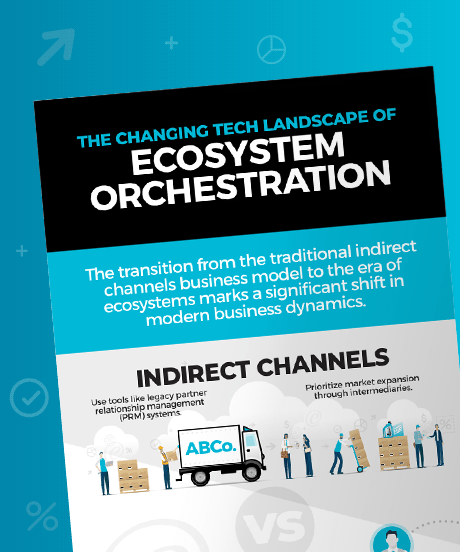A Mutual Non-Disclosure Agreement (NDA) is a legal contract between two or more parties that ensures confidential information shared during a professional or business relationship remains private and protected from unauthorized disclosure.
This involves:
- Defining the scope of confidential information
- Establishing obligations for both parties
- Outlining the duration of confidentiality
In practice, mutual NDAs are used when parties need to exchange sensitive information, such as during negotiations, partnerships, or product development. They provide a framework of trust, allowing open communication without the risk of misuse or exposure of proprietary details.
Mutual non-disclosure agreements are vital as they safeguard intellectual property, foster collaboration, and reduce the risk of legal disputes. This ensures both parties can work together more effectively while protecting their interests and maintaining a secure exchange of information.
Centralize Ecosystems to Adapt to Market Trends

Infographic
The Changing Tech Landscape of Ecosystem Orchestration
The transition from the traditional indirect channels business model to the era of ecosystems marks a significant shift in modern business dynamics.
The new world of Ecosystem Orchestration fosters innovative, seamless collaboration and flexibility.
See the contrasts of Ecosystem Orchestration with the constrictions of traditional PRM and the impact of this implementation on your business.
